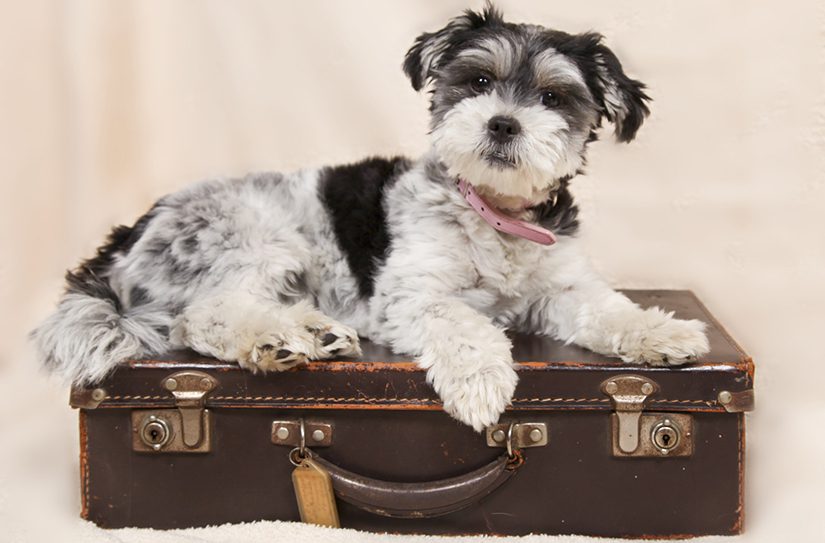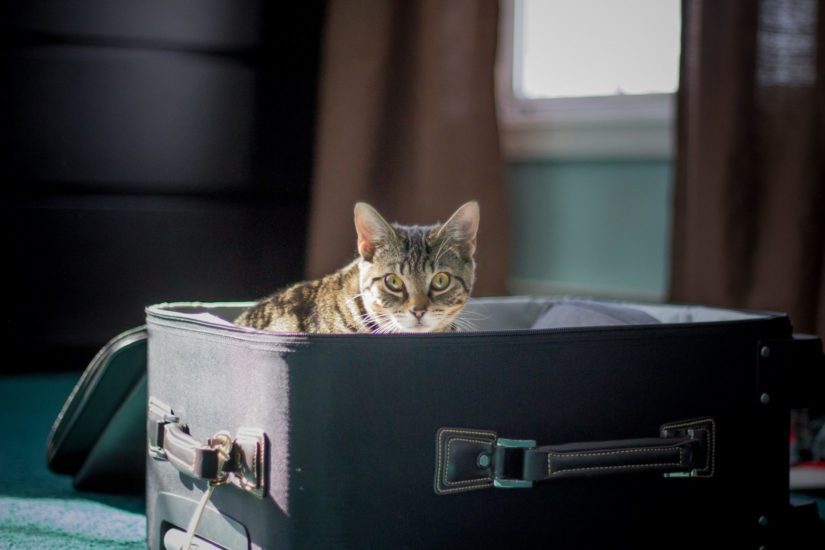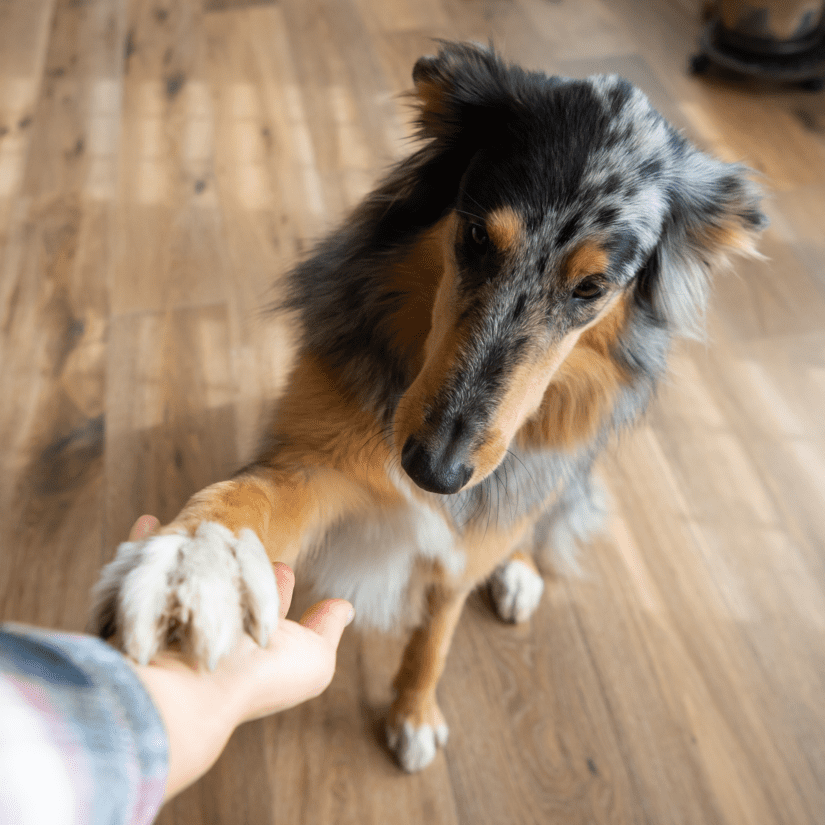
Travelling can be stressful for pets. Even though pet-friendly hotels are available, your pet may have a hard time adjusting to different environments and schedules while travelling.
Your travel plans could also include visiting places where pets would not be allowed, like museums, theatres or conference halls. Pets should not be left alone for days, because they can become very stressed without any playtime or interaction from their guardians.
Unfortunately, pet care services like animal overnight boarding are not regulated in B.C., which puts guardians in a challenging and stressful situation when looking for a place to leave their pets while on vacation.
The good news is that the BC SPCA has created helpful resources for those looking for the best pet boarding service for their pet. Download and review the BC SPCA’s AnimalKind voluntary, evidence-based standards (PDF) for companion animal services.
Before you select a pet care company, take note of the right questions to ask to make sure your dog or cat is in the hands of a professional who prioritizes your pet’s welfare.
Where can you leave your dog when you go on holiday?
If you can’t take your pet on vacation with you, consider these three options to make sure your pet is happy and well cared for while you’re away from home:
- Pet boarding services
- Hiring a pet sitter
- Ask a trusted friend or family member

1. Pet boarding services
Boarding services offer overnight stays for your best friend. Any animal boarding service should ask for your pet’s vaccination and parasite prevention status and any health concerns, such as allergies or injuries. Make sure your pets are up to date on their vaccinations, heartworm, and parasite prevention medications.
If a facility offers both dog and cat boarding, confirm they are housed separately since dog barking can really stress out your cat.
Make sure the way they handle and interact with pets is humane and science-based. They should be using food treats and play to help pets feel more comfortable during their stay, and not punishments such as spray bottles, leash corrections, or shock, prong or choke collars.
Since your pet’s well-being relies on your decision, it is vital you know the company you are selecting prioritizes your pet’s welfare. Take advantage of the comprehensive list of questions to ask when choosing a pet service business on the BC SPCA AnimalKind site.
Questions for boarding services:
- Do they have an emergency plan for animal injuries? What about a building evacuation plan if an emergency occurs?
- Is the facility clean and sanitized, with comfortable temperature and noise levels? Your pet’s welfare should be a priority.
- How often are welfare checks done? Welfare checks help to identify signs of ill health or abnormal behaviour. It is recommended they are done a minimum of four times per day.
- How is the daily feeding & care schedule? These should include exercise and social interaction.
- What do they do when an animal show signs of stress? Staff should be trained to understand cat or dog body language and recognize signs of stress like fearfulness, excessive barking or excessive chewing.
- How are animals monitored overnight? A system should be in place.
These are just a few examples of what guardians need to consider. Find a complete list of questions specific to cat or dog boarding on the BC SPCA AnimalKind site.

2. Hiring a pet sitter
A pet sitter will either stay at or visit your home several times during the day to walk the dog, feed your pets and play with them. Your pet stays in a familiar environment and maintains their daily routine. A pet sitter can also collect the mail, water the plants and turn the lights on in the evening to give the impression that someone is home.
Some pet sitters will take care of your pet in their own home, with pets from other clients. There they can socialize and play together. However, it is important to consider if this arrangement would suit your pet’s personality. If you opt for this option, you may want to check the health and vaccination status of other dogs in the home.
Do your research before choosing a pet sitter – interview them and ask if they use humane, science-based methods to handle and interact with pets, such as food, treats and play. Make sure the pet sitter is familiar with dog or cat body language. Ask for referrals from existing customers or a recommendation from your vet or an AnimalKind dog trainer.
Pets are generally less stressed if they are allowed to stay in their own home but may not respond well to strangers. If that is the case, slowly introduce your pet to the pet sitter ahead of time.

3. Ask a trusted friend or family member to pet sit
If your pet adores a friend or family member, they are likely to feel much more comfortable being taken care of by them than by a stranger. Regardless of how well they know your pet, it is a good idea to leave detailed instructions for your pet sitter, including your contact information and the number of your vet.
If your pet has medical or behavioural issues such as anxiety or aggressive behaviour, be sure that the pet sitter understands their particular needs and is comfortable managing those issues while you are away.
You know your pet best. A friend, family member or professional should not be expected to be an expert in your pet’s care needs.

RESOURCES
- Choosing pet services – ask these questions first!
- Summer travelling with your pet – get tips!
- Driving travel plans? – How to drive safe this summer with your pet
- Get advice from the experts! – Find an AnimalKind accredited dog trainer
